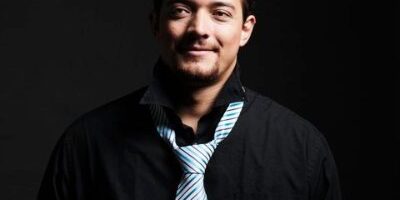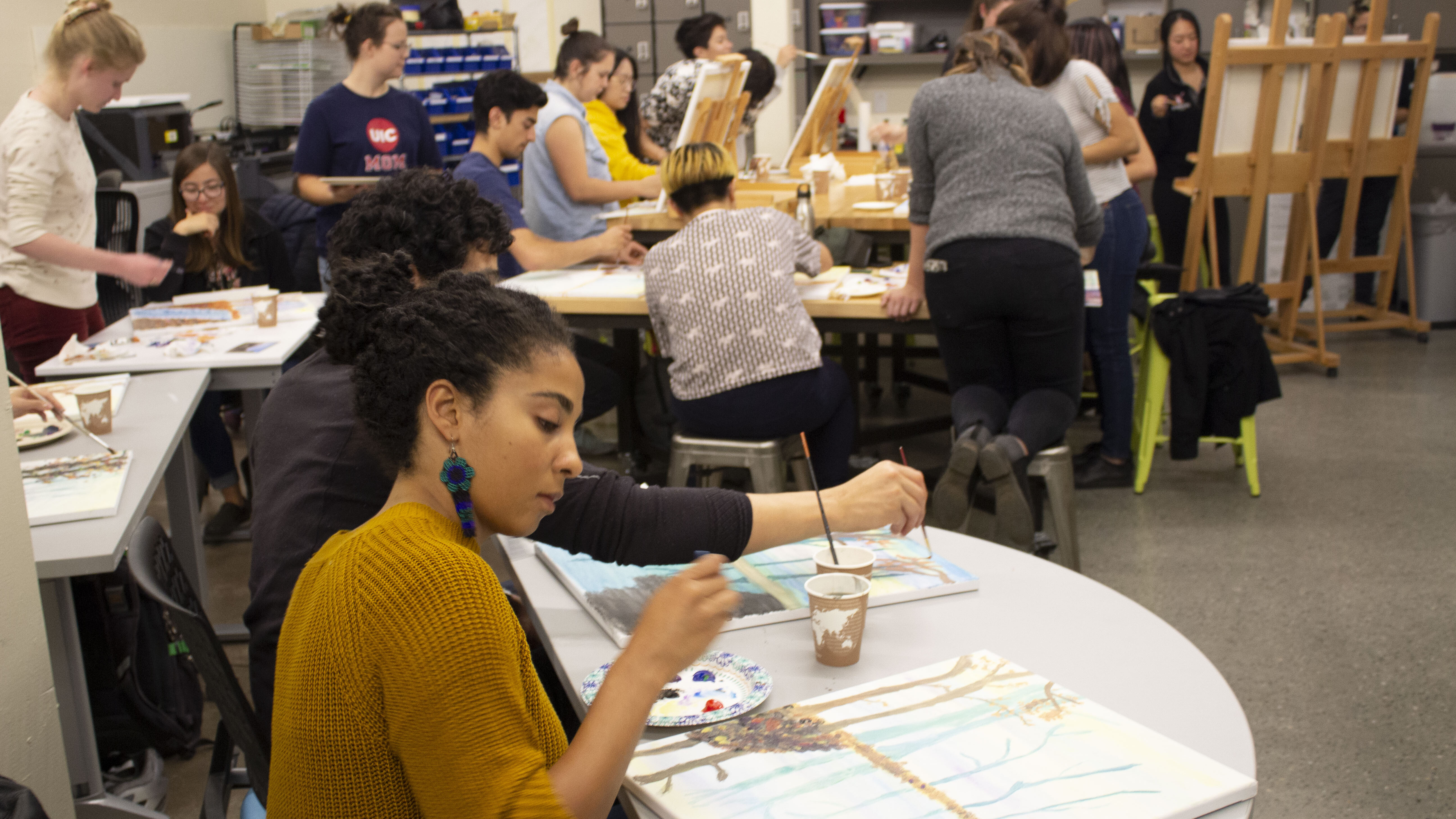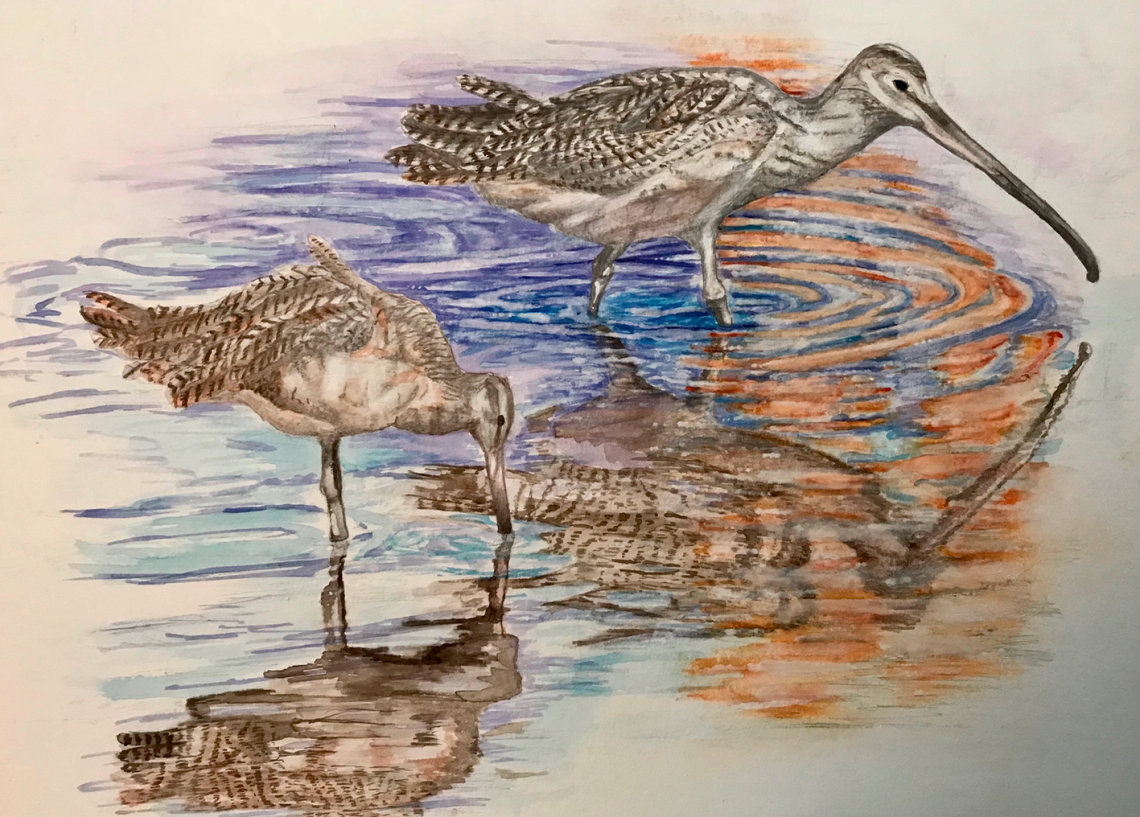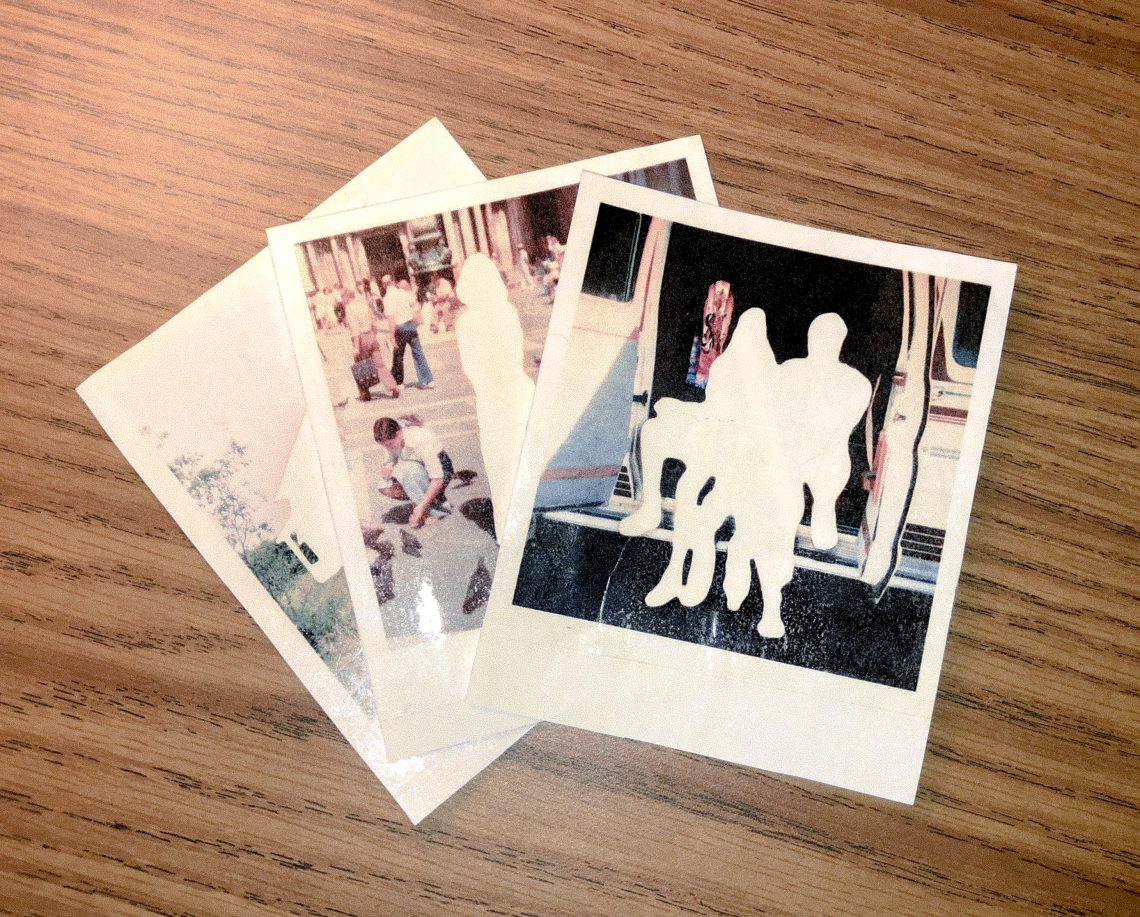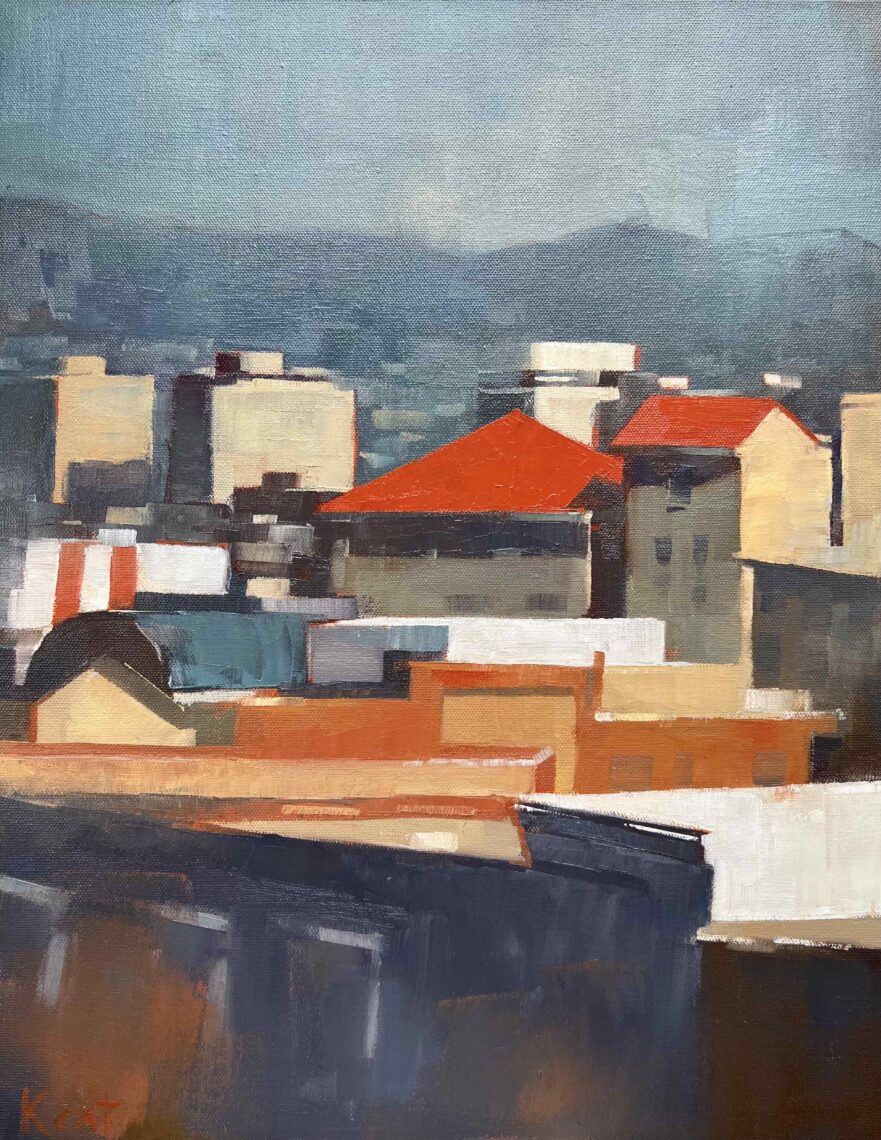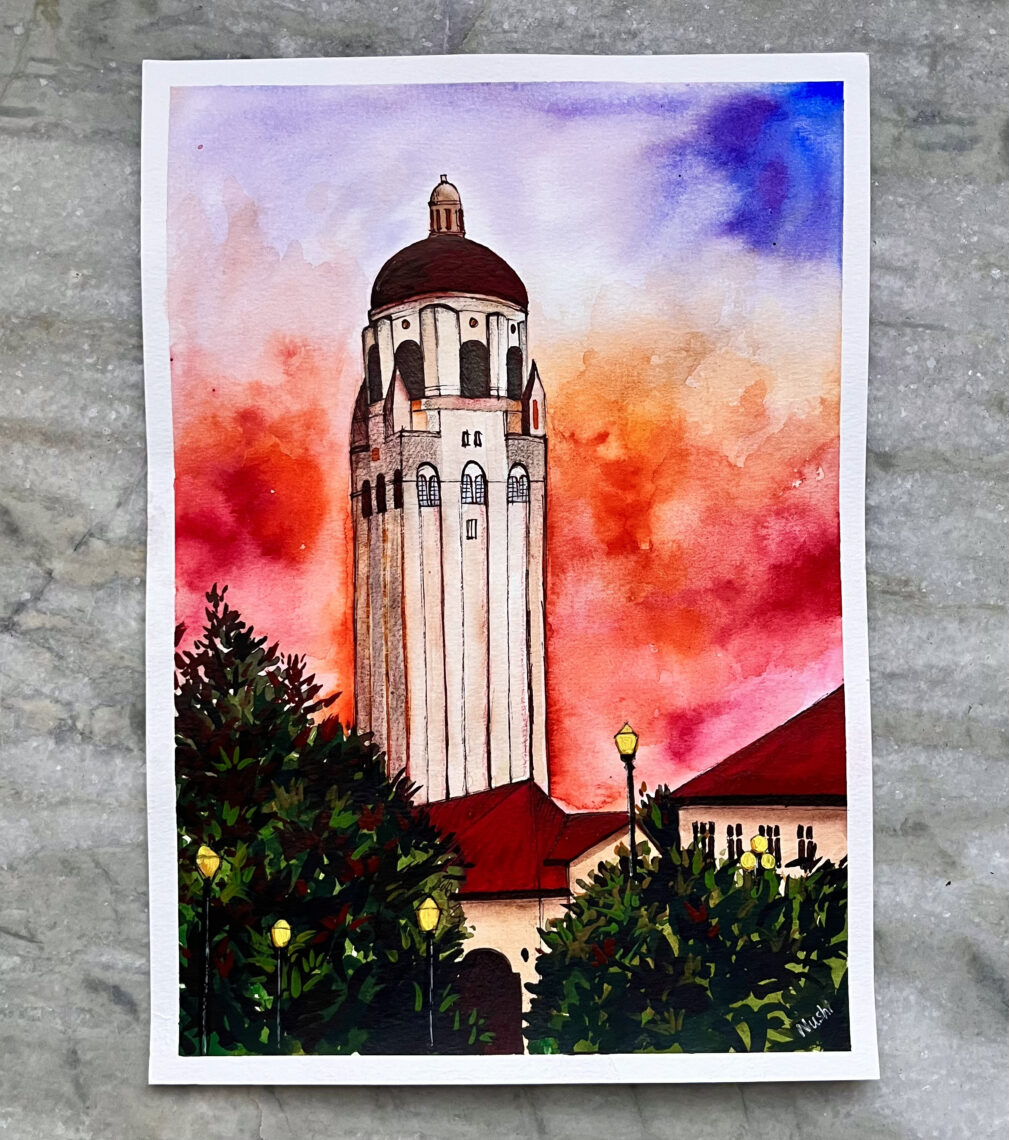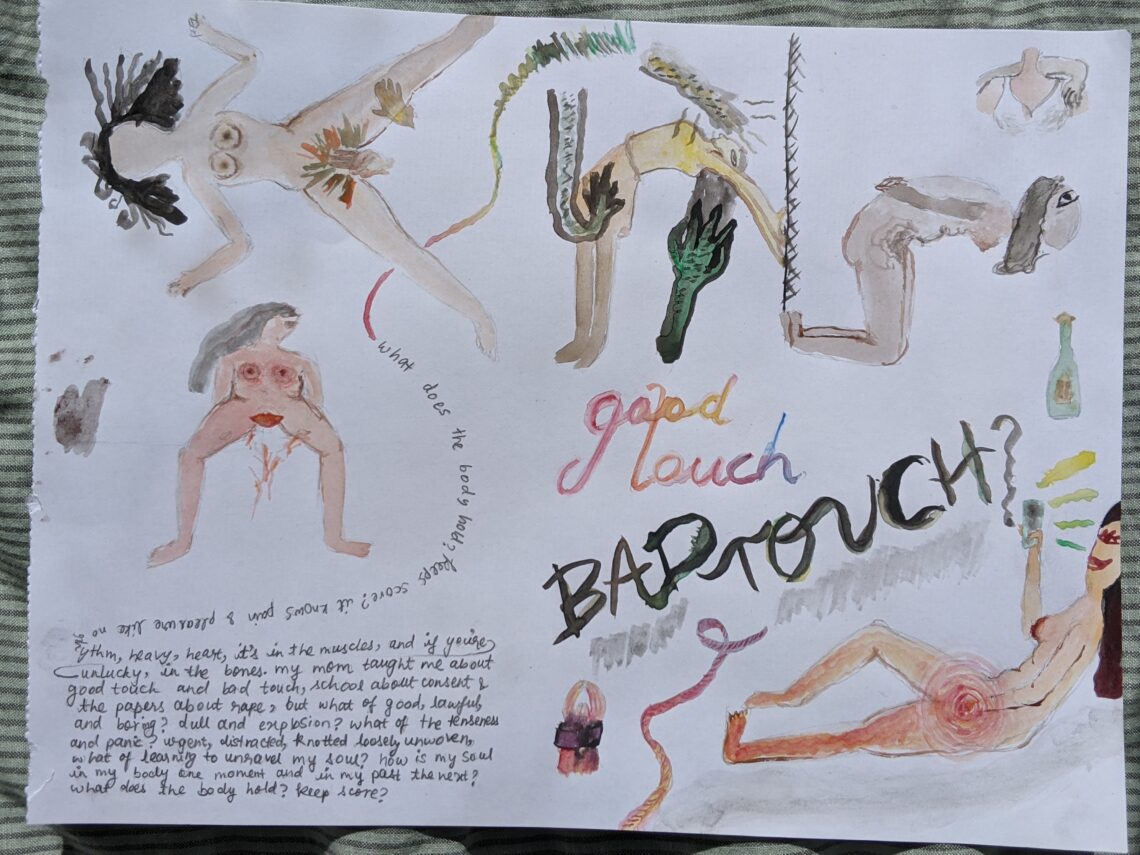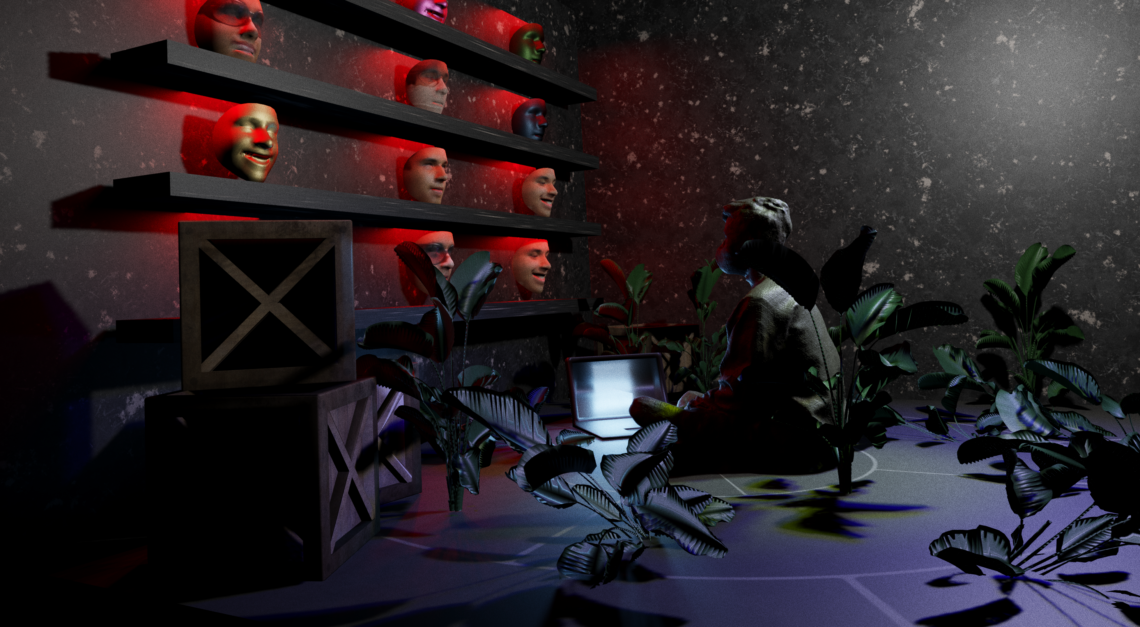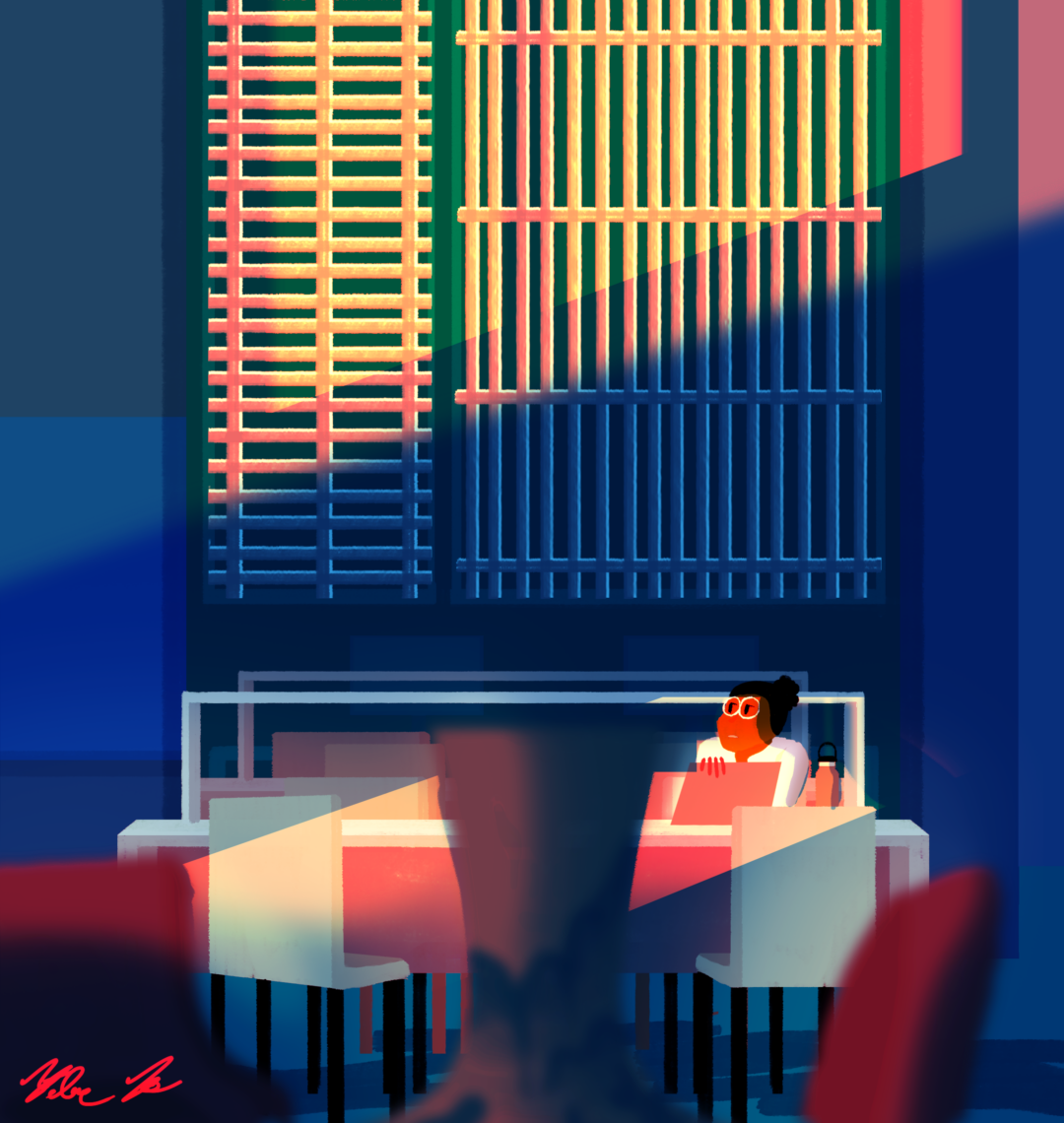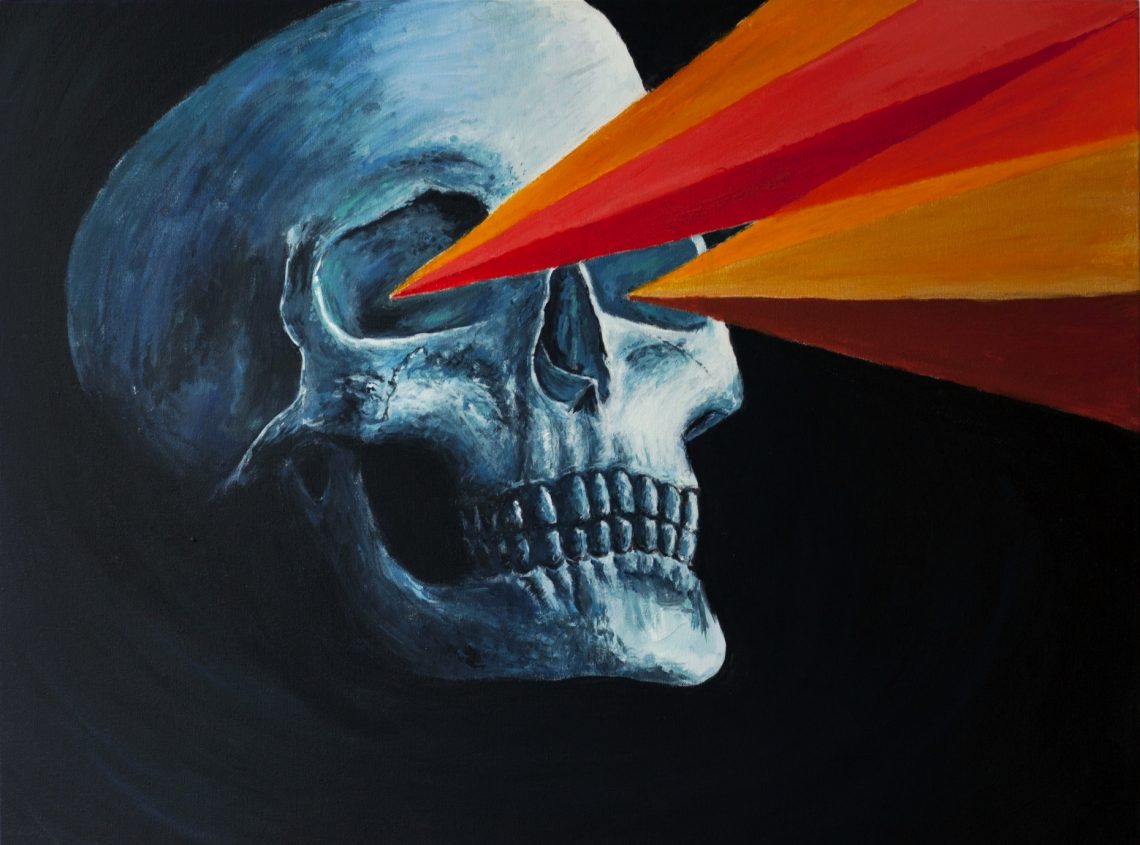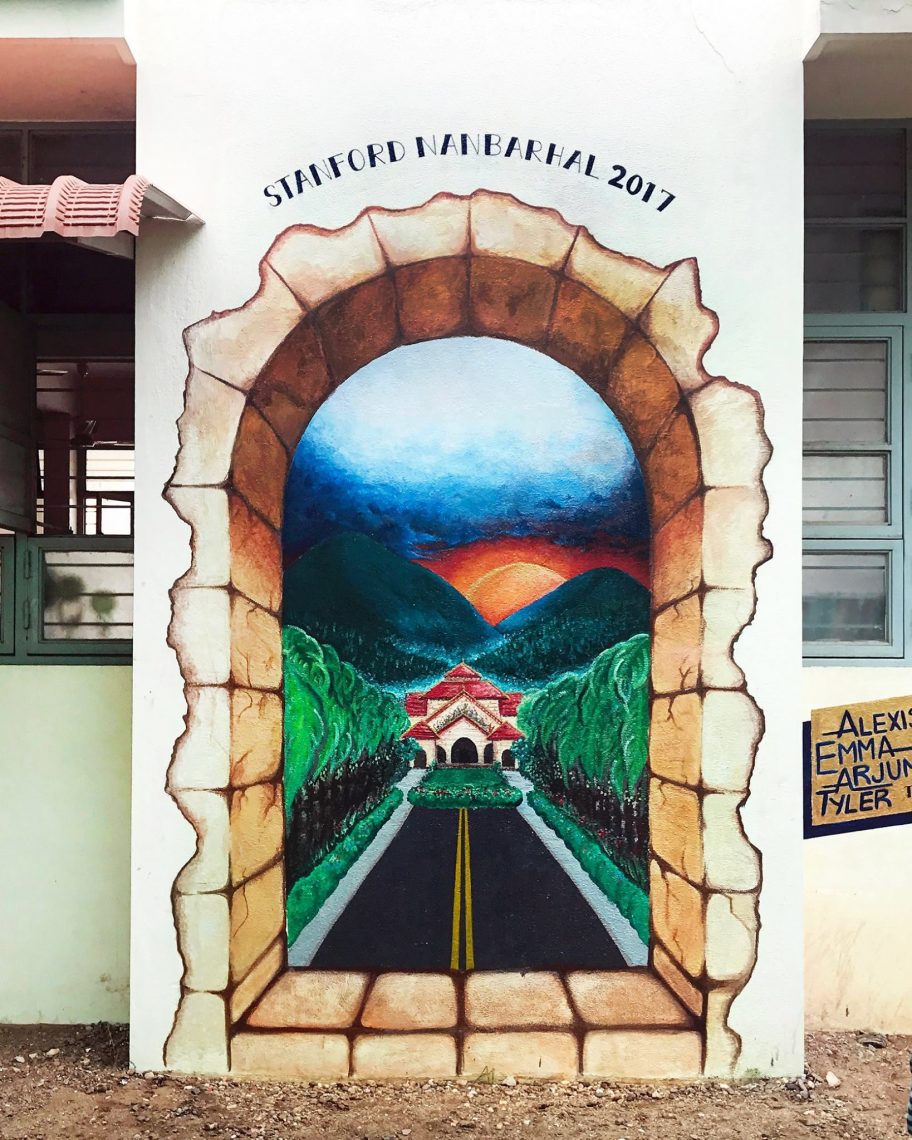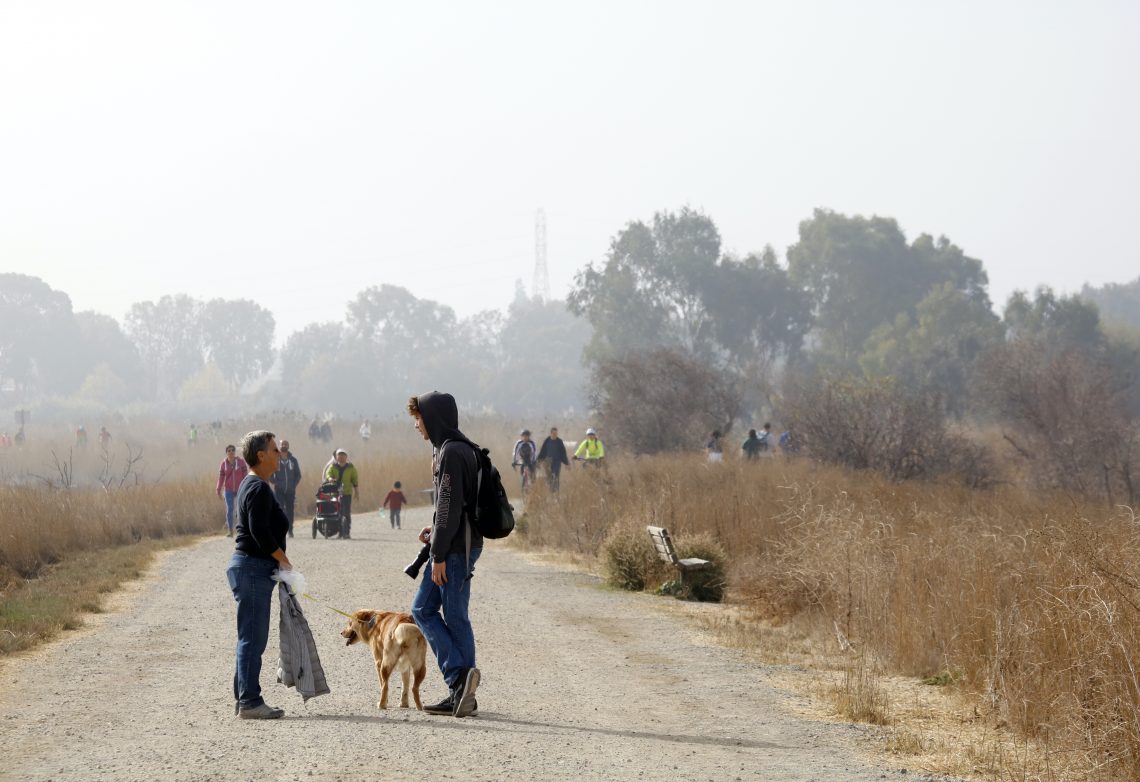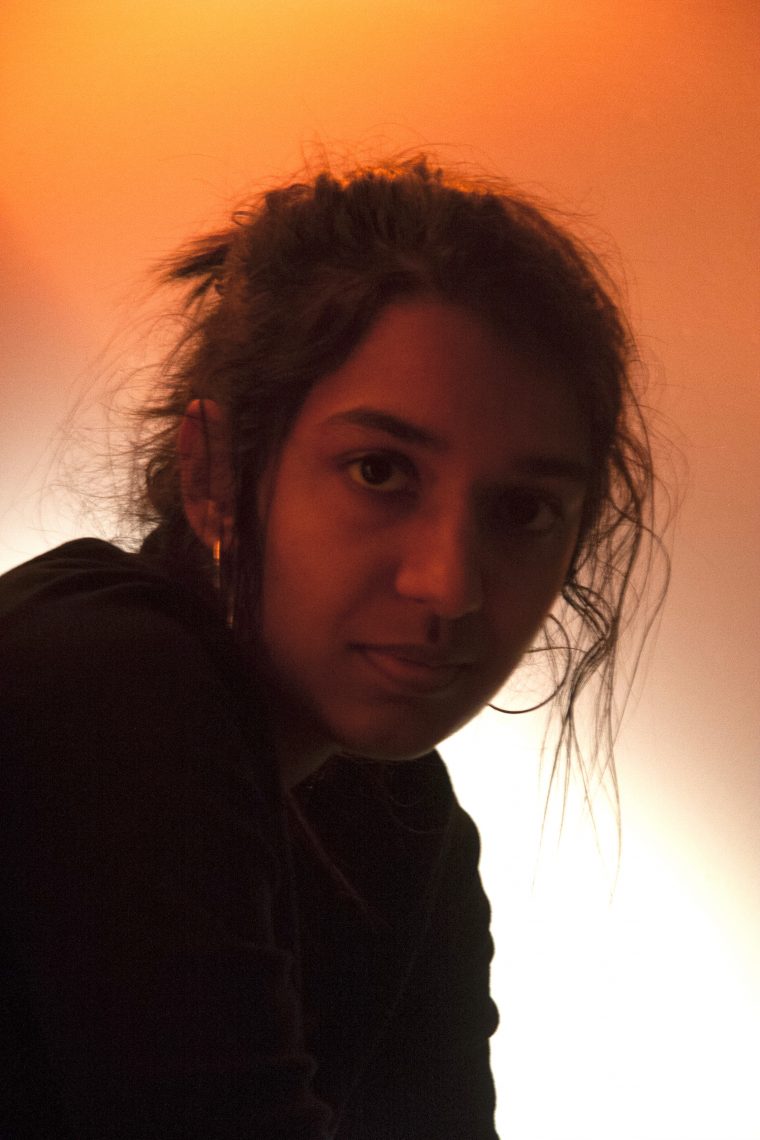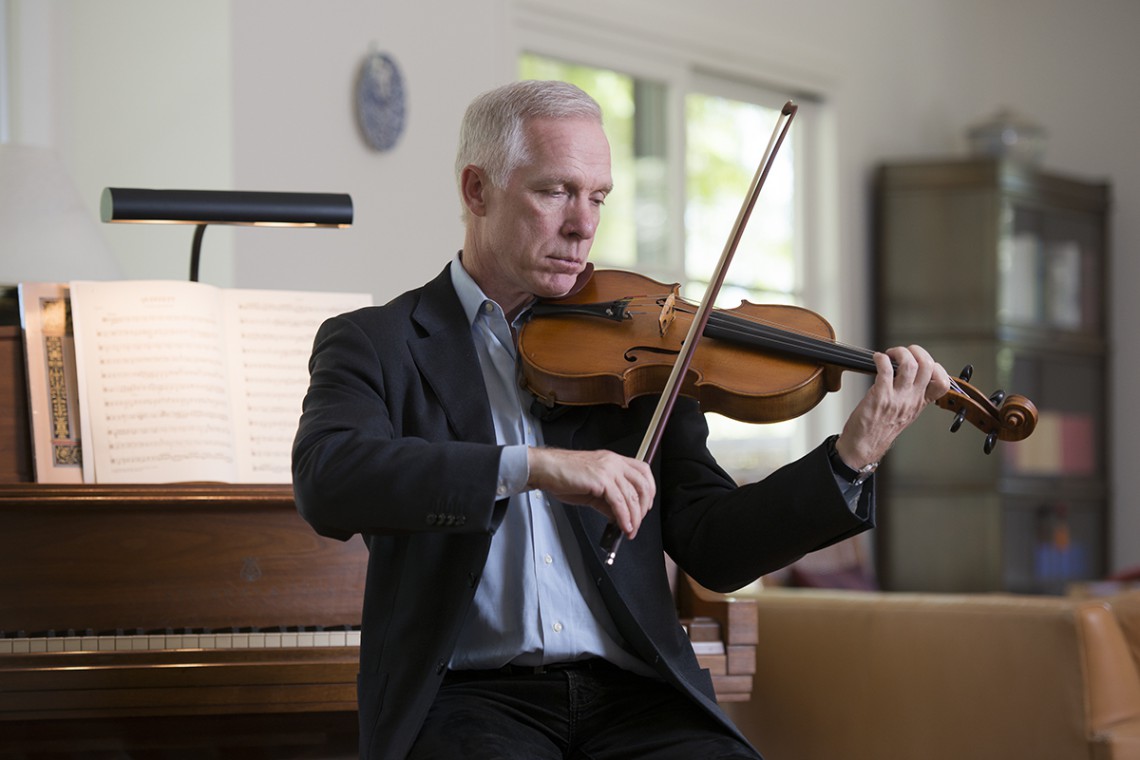
Stanford’s string quartet course warrants an encore
Stanford Continuing Studies music history course integrates musicology with performance and will return as a freshman seminar next year.
Stanford’s winter Continuing Studies course “Quartet Conversations” was more than just talk. In addition to the musicological insights of Professor Stephen Hinton’s lectures on the history of the string quartet, students were treated to live illustrations and performance of the highest caliber. Hinton co-taught the course with Stanford’s ensemble in residence, the St. Lawrence String Quartet. Friday nights with Hinton and the SLSQ turned out to be as much of a thrill for the instructors as they were for the students.
“I’ve had great fun with this course and it was one of my most satisfying experiences as a teacher. It was also the thrill of a lifetime to play with the St. Lawrence String Quartet,” said Hinton, who played second viola in a Mozart quintet during class.
Designed as a chronological survey of the 250-year history of string quartets, with an emphasis on the works performed at Bing Concert Hall during the 2013-14 season, each of the two-hour classes was based on a reading and listening assignment, and included discussion and live illustrations. Over the course of six weeks, the students explored the origins of the genre, the canonic quartet repertories of Haydn, Mozart and Beethoven, the impact of Romanticism, modernist traditions of the 20th century and questions of performance practice.
True to the spirit of the arts at Stanford, Hinton purposefully blurred the lines between theory and practice, performance and interpretation. “What we packed into six weeks is unbelievable,” he said.
Changing times
Among the many highlights of the course was a demonstration that brought down the house. By way of illustrating how much performance practice has changed during the past century, Hinton invited the SLSQ to play the opening of Mozart’s D-minor quartet (K. 421) in three quite different styles.
“Spending Friday evenings with Stephen Hinton and the St. Lawrence String Quartet was not only a privilege but a great ending to a busy week,” said student Joan Krasner Leighton. “I think that I speak for most of the students in saying that no one really wanted to leave at the end of each session.”
One student suggested that classes be extended an hour for a separate Q&A session.
Leighton’s husband and fellow student, Phil Leighton, shares his wife’s appreciation of the class and describes the lectures as rewarding and the live illustrations as amazing. However, he said the best part of the course for him were the discussions between Hinton and the musicians about making music. “Topics such as bowing, vibrato, tuning the instrument, working with a composer, the change from a performance in a small chamber to a performance in an 800-seat hall were the real frosting on the cake. Fascinating!” he said.
Members of the SLSQ teach students privately, coach chamber groups and engage with the community on a number of levels, from performances in Bing Concert Hall to open rehearsals at student dorms. Rarely do they get the chance to have an extended classroom experience, primarily because of their extensive touring schedule. But this winter, the scheduling stars aligned and they were able to commit to five Fridays and the odd Wednesday to co-teach with Hinton.
Encore, encore!
Violinist Mark Fewer, who joined the SLSQ in January, was delighted with the teaching opportunity. “It was terrifically rewarding to find myself inside the continuing studies class at Stanford as one of my first responsibilities. Interaction among all levels of faculty, students and the greater community is vital for maximum impact in a truly open learning environment.”
“To say that we were inspired by our work with Stephen and our opportunity to delve into string quartet-related topics in this format would be a huge understatement,” said SLSQ cellist Chris Costanza. He added that through the joint teaching format, the SLSQ members gained great musicological insight from Hinton, whose research and analysis of the class topics provided a new level of musical understanding that will ultimately help the quartet’s members become more informed performers.
“Suffice it to say that we eagerly await another opportunity to embark on a similar project,” said Costanza.
Dan Colman, the associate dean and director of Continuing Studies, looks for opportunities to try out new formats when designing courses. “Last year we created a course around Ken Taylor and John Perry’s popular ‘Philosophy Talk’ radio show. It was part traditional course, part real-time radio show. This year, when Stephen Hinton proposed creating a course featuring live performances by the St. Lawrence String Quartet, we were thrilled to help make it happen,” he said. “Students really appreciated what it had to offer pedagogically. The course was certainly a highlight of our winter quarter.”
The buzz surrounding the class found its way to undergraduates who gave Hinton enough grief to convince him that he needed to teach a freshman seminar on the string quartet next year. The SLSQ will be regular guests and the students will be encouraged to bring their instruments for a multi-quartet jam.

